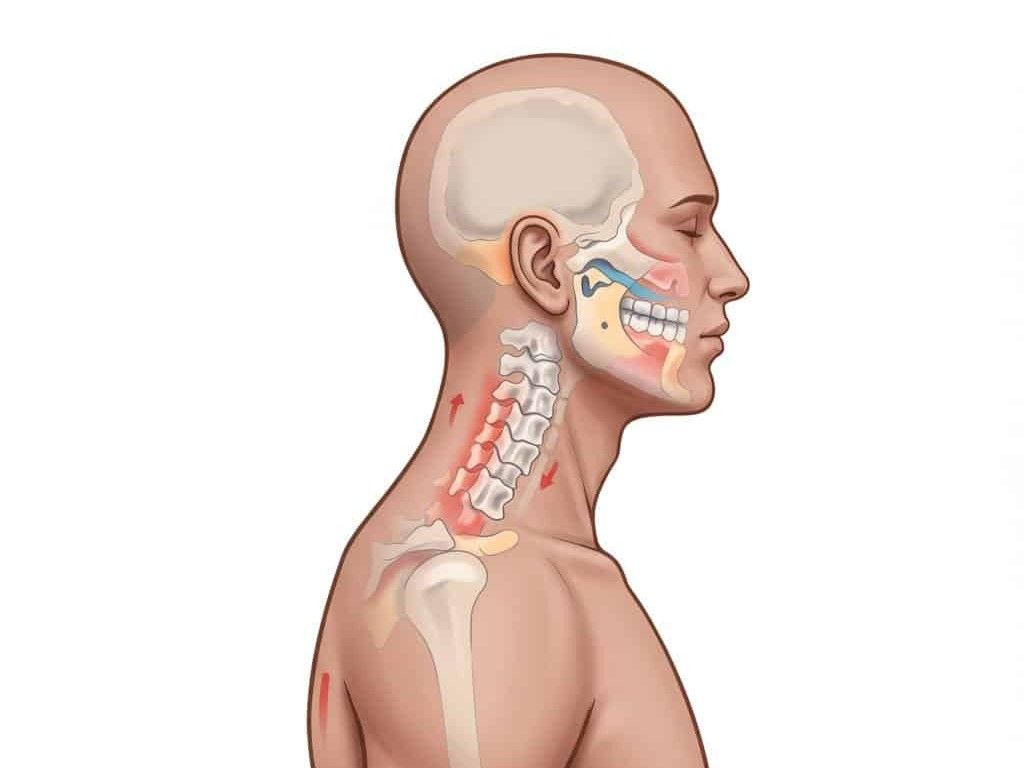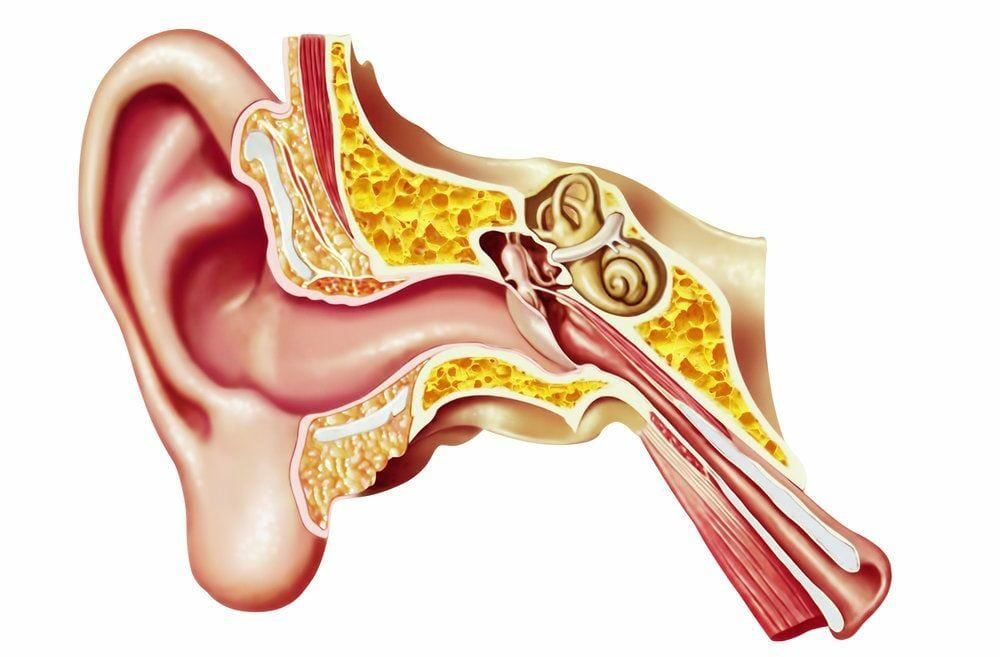Here is Everything You Need to Know About TMJ Dysfunction
The temporomandibular joint (TMJ) is the part of your body that connects your jawbone to your skull and commands the movement of your jaw. This joint helps you talk, eat, and drink and can cause serious pain if it becomes strained or injured. Here are a few key symptoms, causes, and treatment options for TMJ to help you get back to living a pain-free life.
Symptoms of TMJ Dysfunction
Knowing the symptoms of TMJ dysfunction can help you quickly treat the issue and get back to your daily routine without pain. Some common symptoms include jaw popping upon movement, jaw pain, and sore or stiff jaw muscles. If these symptoms persist for a prolonged period, you may be suffering from a form of TMJ dysfunction.
Other symptoms that aren’t quite as obvious include earaches, headaches, and pain in the temples. These symptoms may come on their own or appear in addition to jaw discomfort and pain. Some of the symptoms may only occur when you are chewing or talking, such as jaw popping or soreness; however, the earaches and headaches may linger if not treated properly.
Causes of TMJ Dysfunction
There are many known causes of TMJ dysfunction, making it difficult for some people to realize where their pain is coming from. A few common causes include overuse, wear and tear, improper or imbalanced bite, and arthritis. Individuals who grind their teeth at night are especially susceptible to experiencing pain and will require treatment for TMJ down the road.
Individuals with arthritis or an improper bite will likely require TMJ dysfunction treatment to correct the issue since these causes aren’t easily remedied on their own. It is important to identify other factors such as teeth grinding and overuse because those issues can often be addressed before the condition worsens.
How it Affects You
TMJ dysfunction affects everyone differently. Some individuals experience mild discomfort when chewing, talking, or drinking. However, most individuals experience more severe symptoms, especially if the condition is left untreated.
In some cases, you may have a difficult time eating even soft foods or experience pain while trying to talk. If TMJ dysfunction is left untreated, it can become too difficult to eat most foods or even drink, leading to dietary and nutritional issues.
It is important to seek TMJ dysfunction treatment if you are experiencing one or several of the symptoms. If not, you could be at risk of suffering severe and prolonged pain that could prevent you from living life to the fullest.
Treatment Options for TMJ Dysfunction
While there are several ways to treat TMJ dysfunction at home, if you’re experiencing severe or prolonged pain, it’s best to consult professionals who can prescribe TMJ dysfunction exercises. If occasional Advil or other pain-relief medication no longer eases your symptoms, physiotherapy and chiropractic care could be suitable options.
At Rosedale Wellness Centre in Toronto, our experienced staff members would love to help you explore a holistic treatment option. If you are tired of taking pain medication and ready to bring healing into your own hands, our physiotherapy and chiropractic treatments could be exactly what you are looking for.
Call Us Today!
Connect with the team at Rosedale Wellness Centre at 416-975-0499 if you are ready to experience relief from your TMJ pain and discomfort. You can also fill out our online contact form if you have questions, or you can book an appointment through our online portal.
Our friendly staff is here to answer your questions. We look forward to helping you get your life back and start living without the pain from TMJ dysfunction.
The post Here is Everything You Need to Know About TMJ Dysfunction appeared first on Rosedale Wellness Centre.











